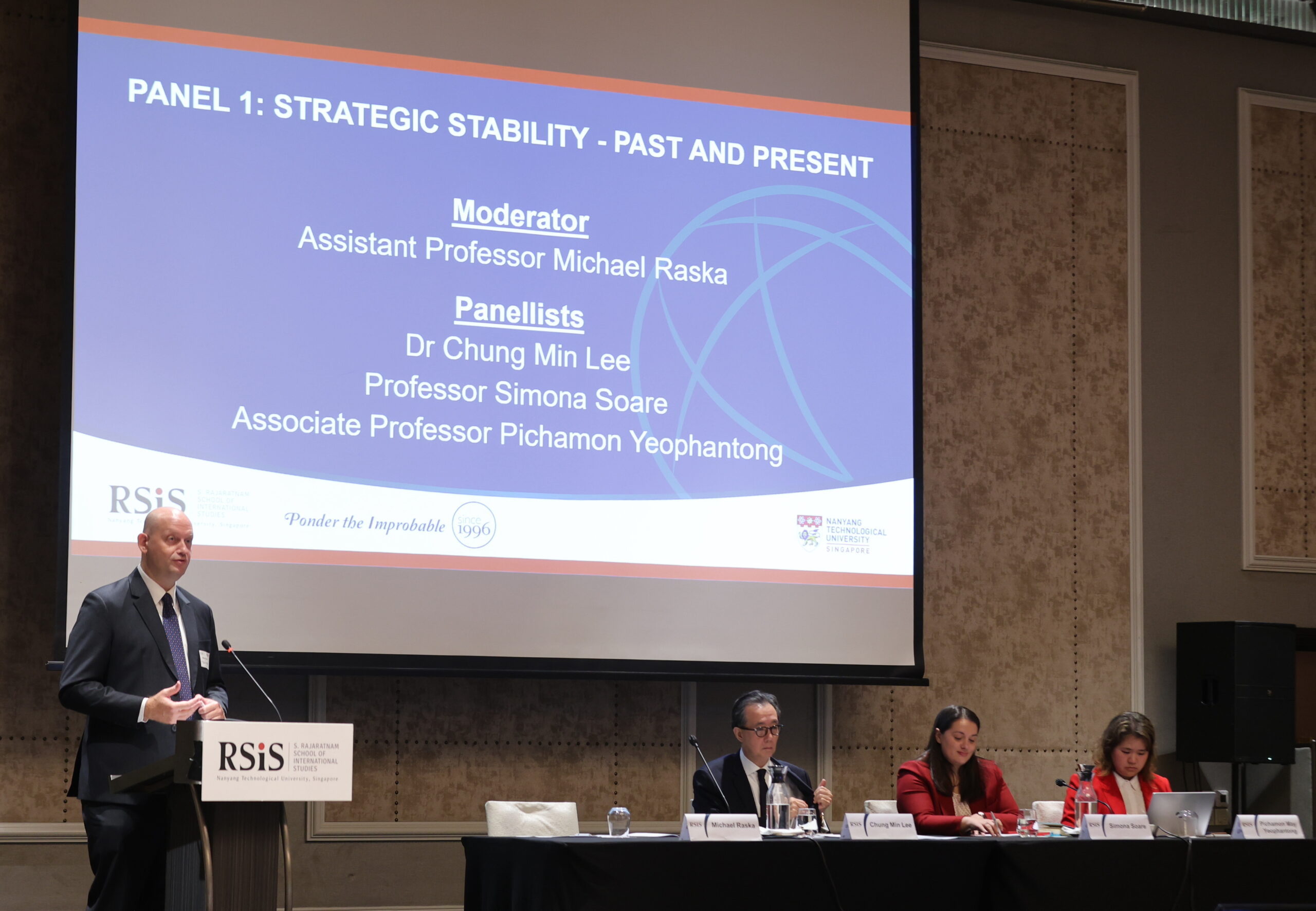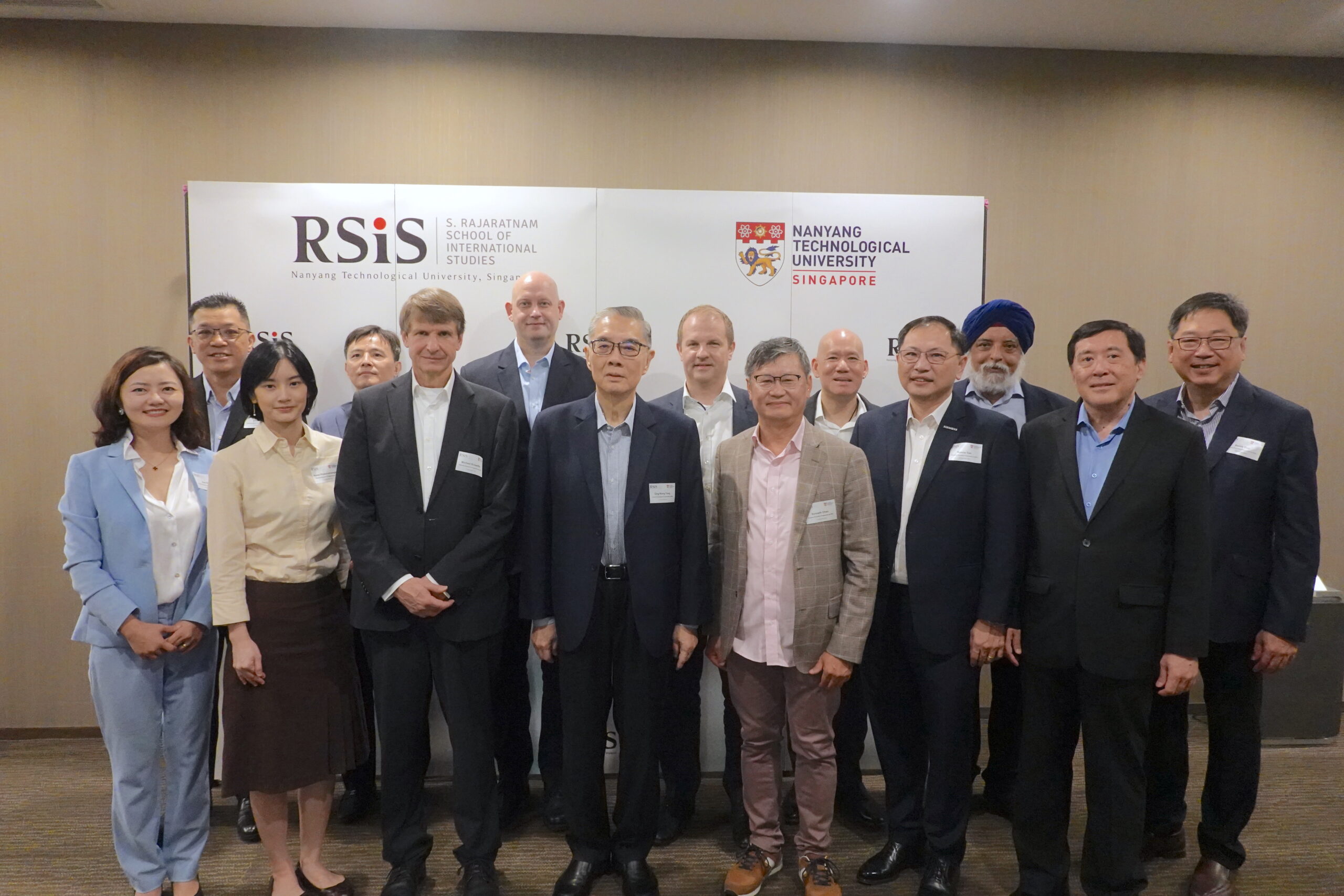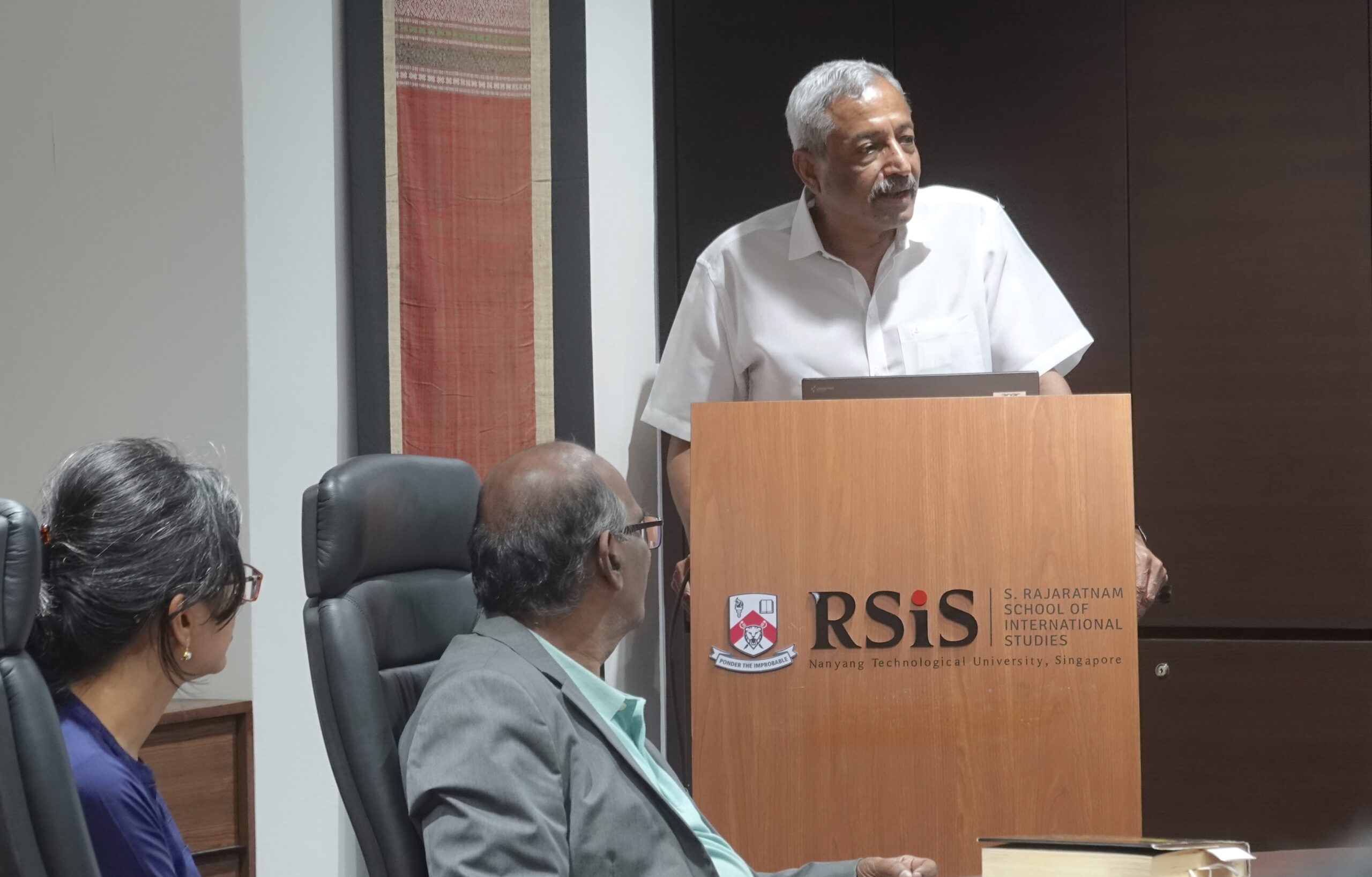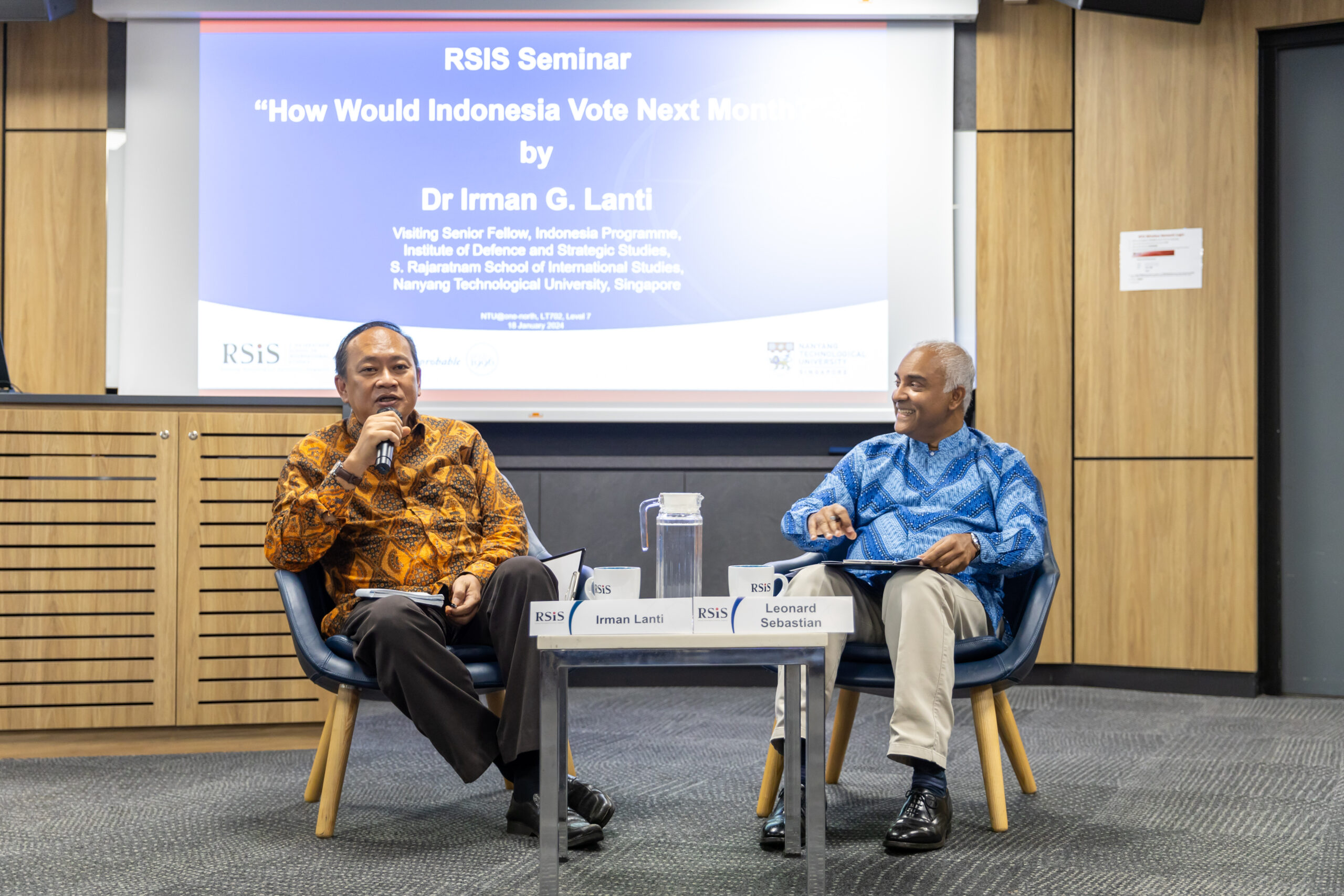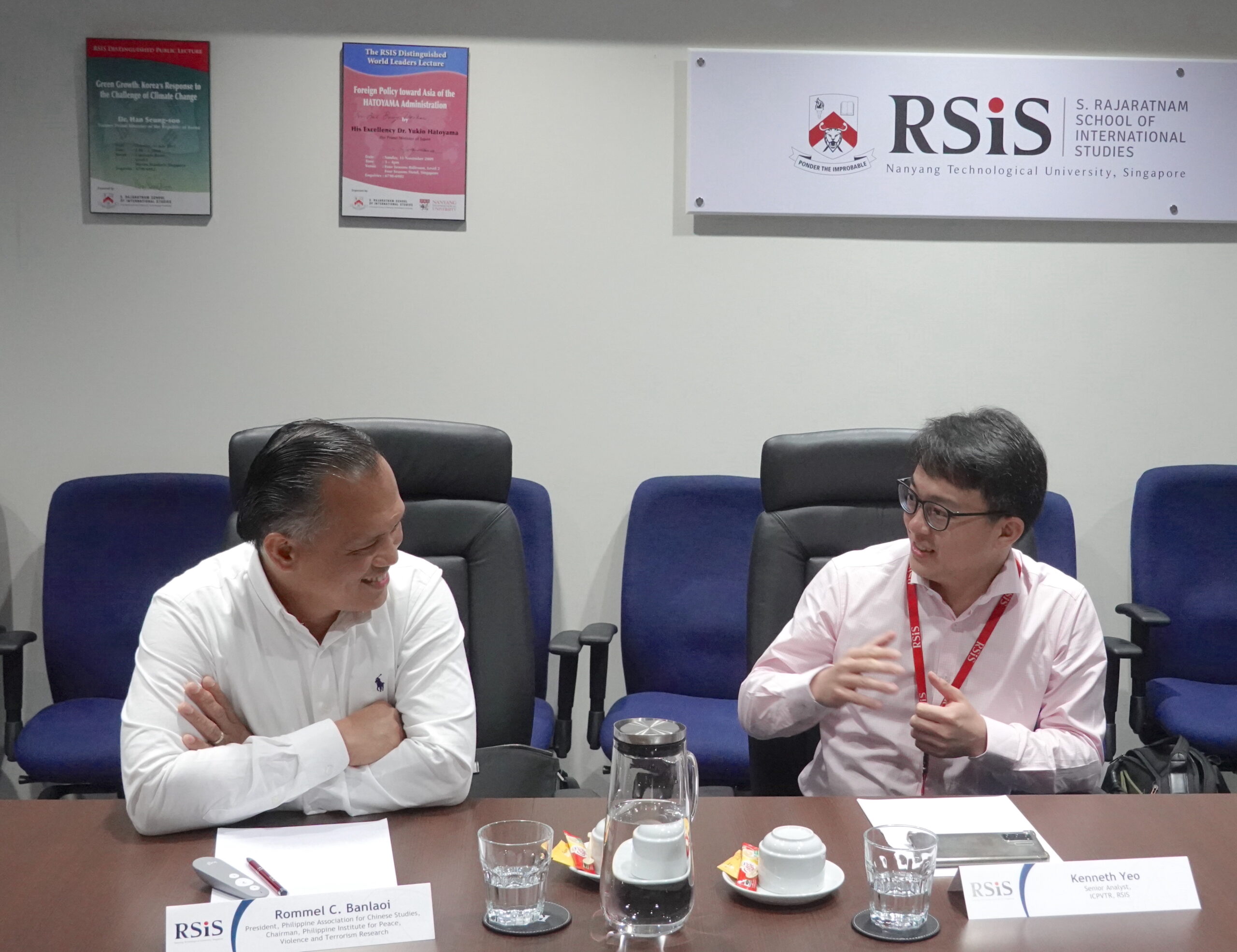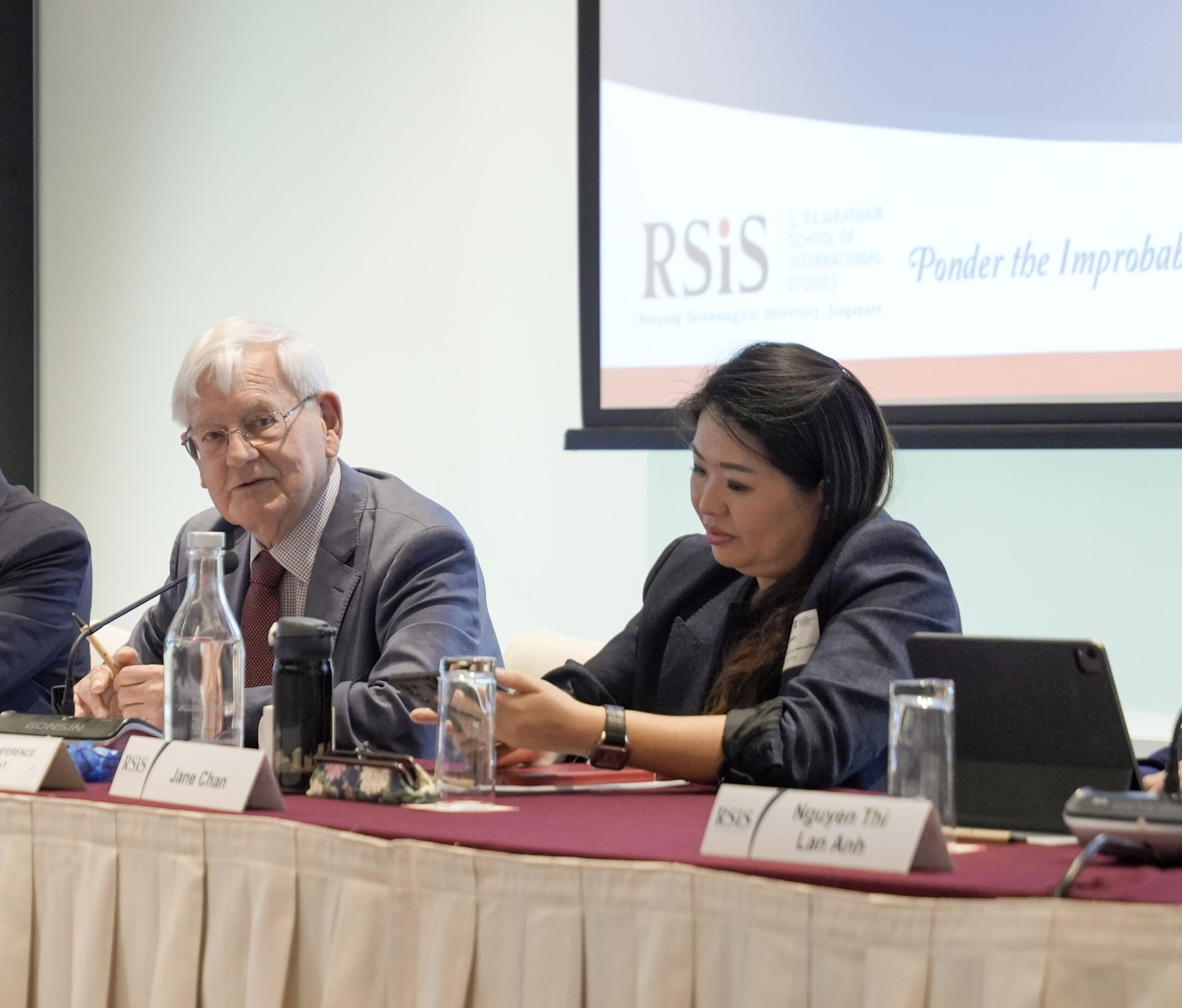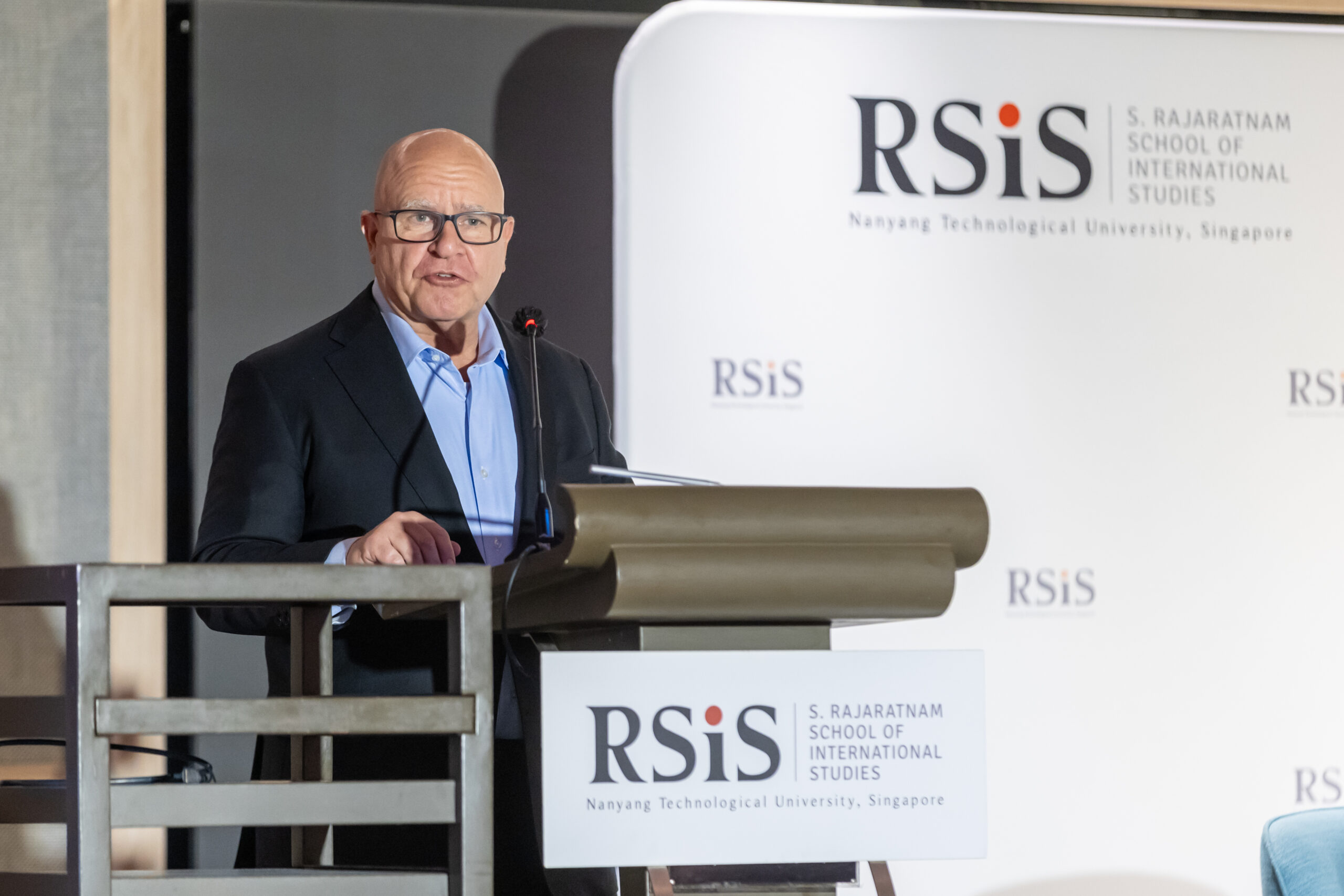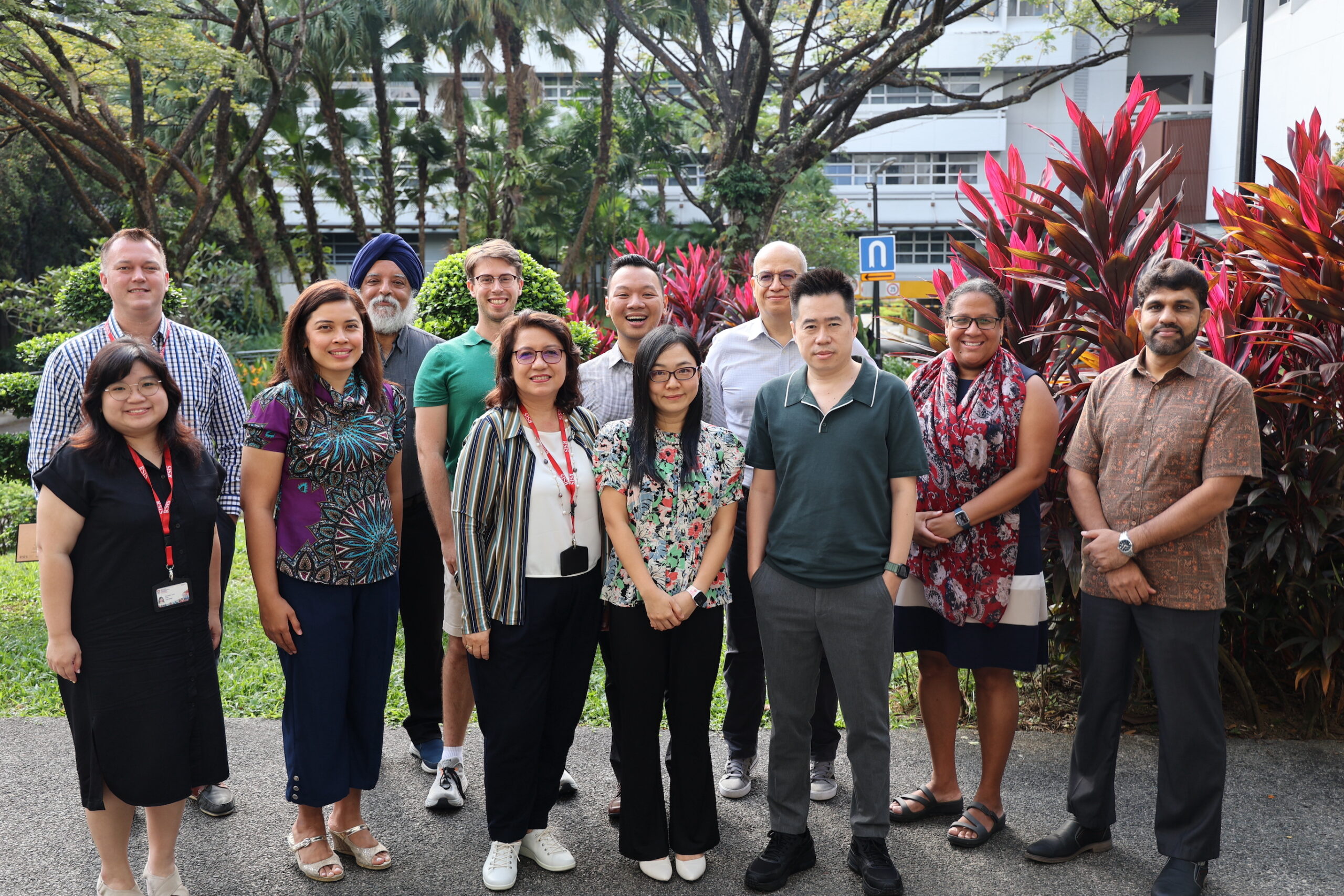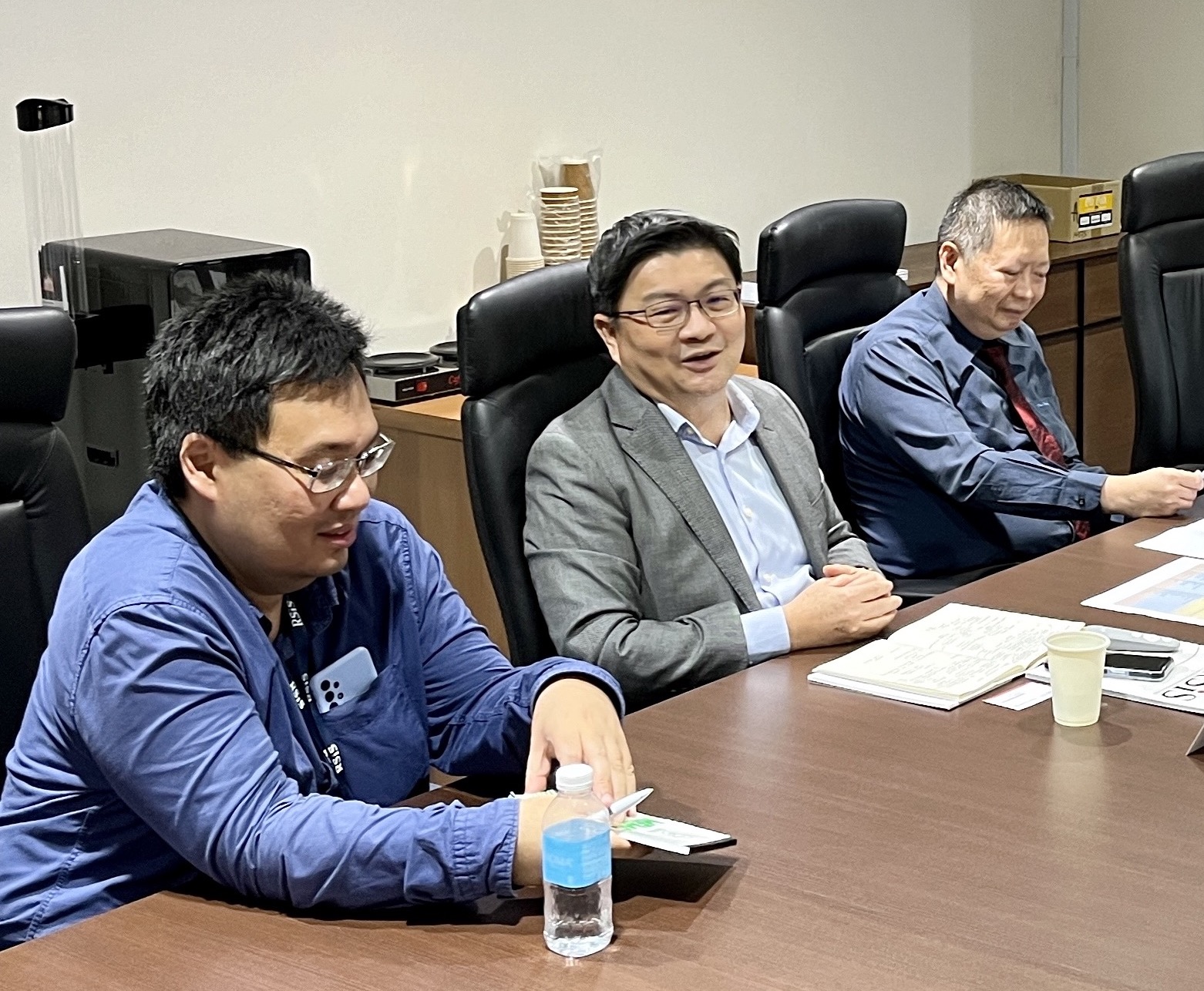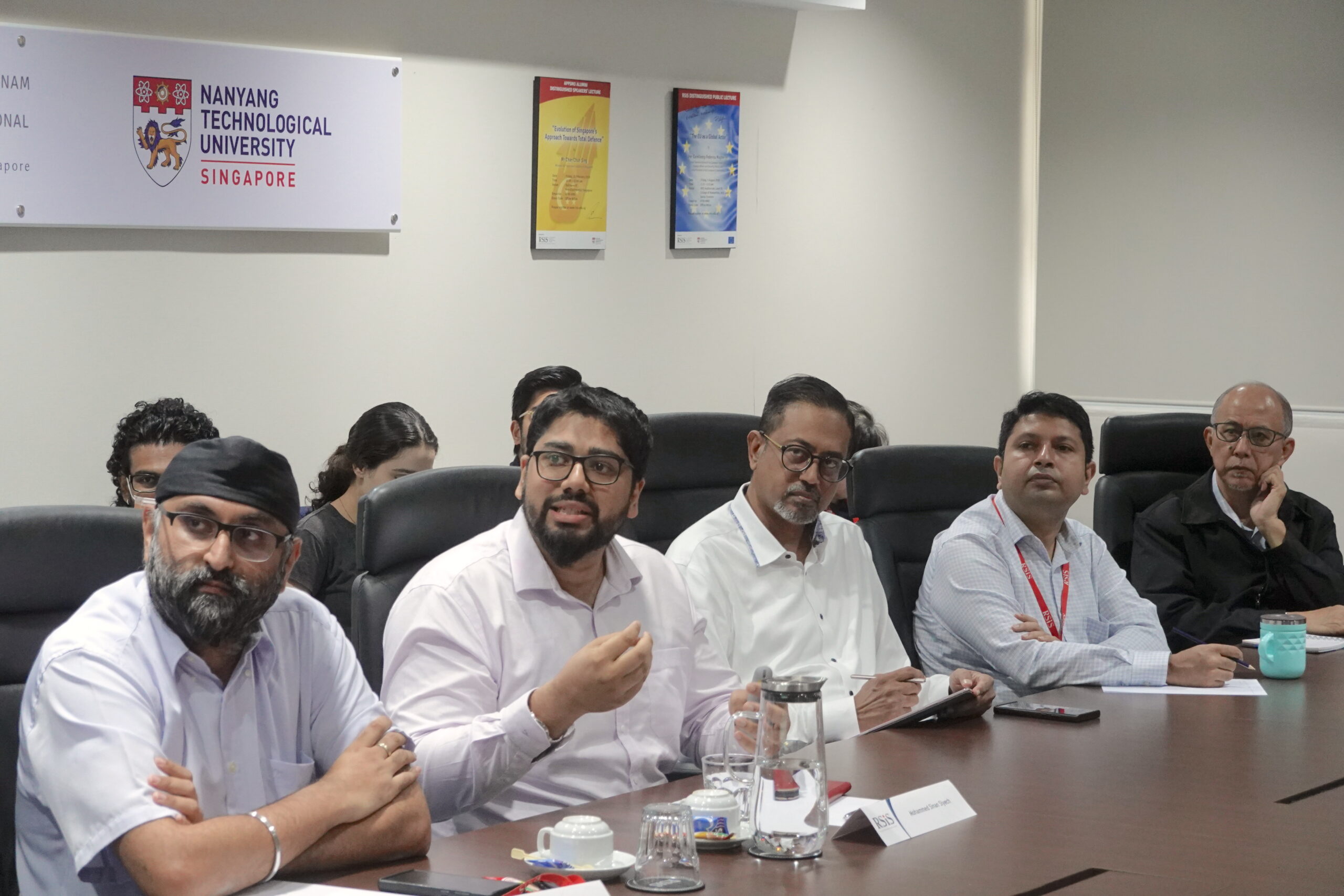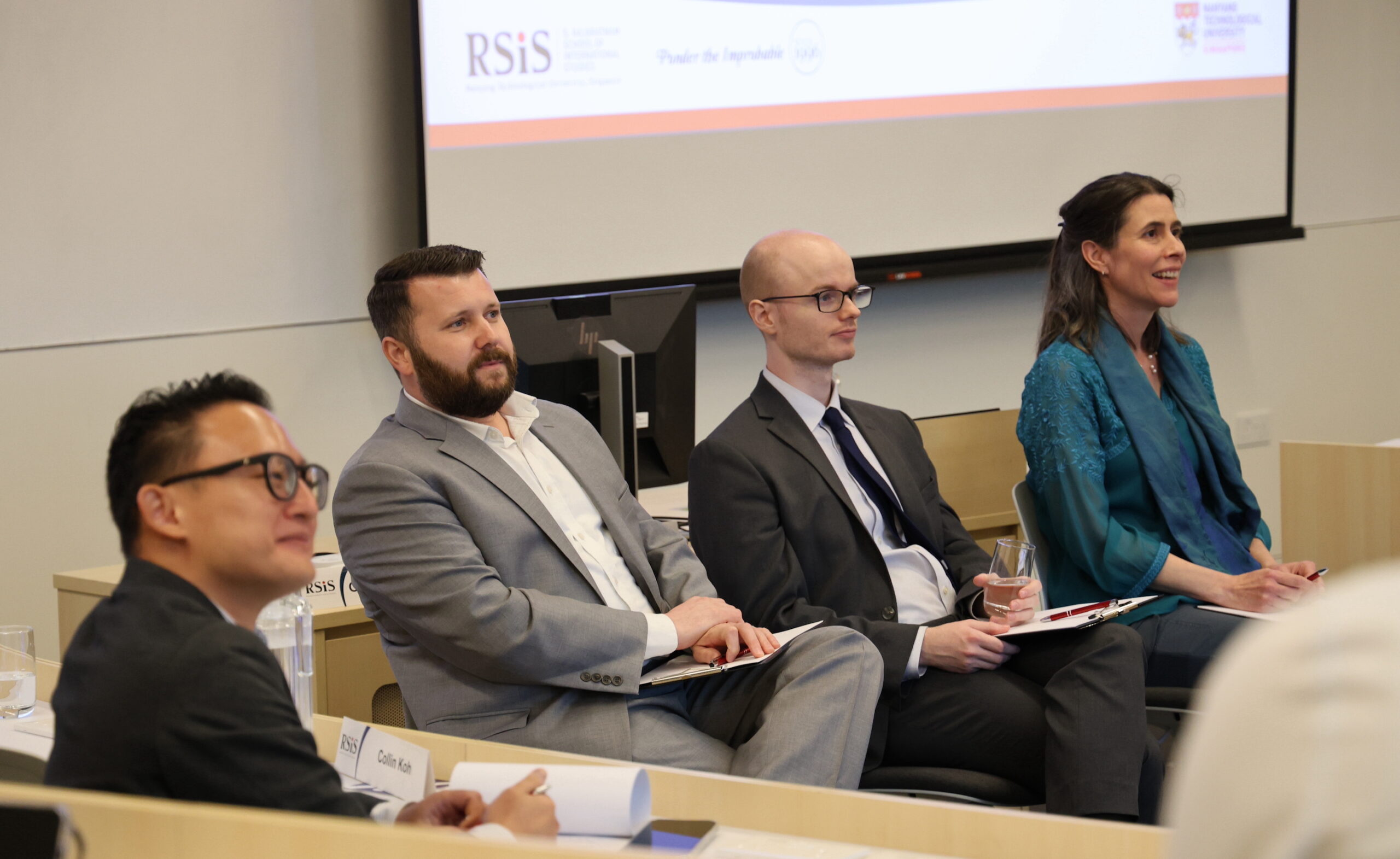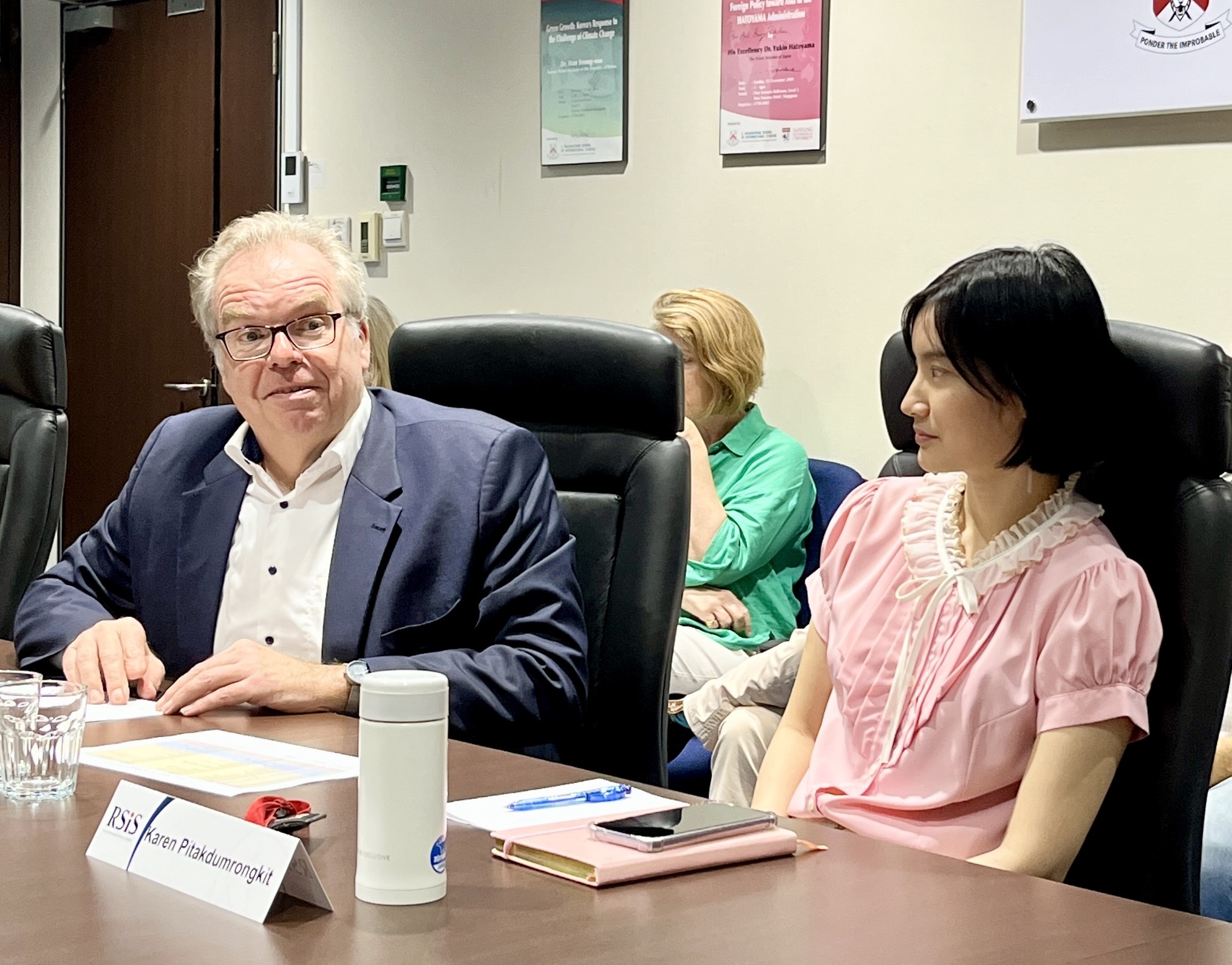

The Centre of Excellence for National Security (CENS) brought experts together to speak on “The Art of Conjuring Alternate Realities – Disinformation via Artificial Intelligence”. The webinar held on 7 February 2024 explored disinformation and its mitigation in the context of Artificial Intelligence (AI) advancements, specifically in the Generative AI and Large Language Models (LLMs) realms. Four invited expert speakers from the industry and academia, were featured.
Kenton Thibaut, from the Atlantic Council, delved into how states utilise Generative AI in information operations (IO), highlighting the role of AI-generated realistic text, audio, and imagery in enhancing digital repression through increased censorship, surveillance, and the spread of disinformation. Drawing on the 2023 report from Freedom House, Thibaut noted a growing trend in leveraging technologies to disrupt political processes, smear opponents, and shape public debate.
Shivam Shankar Singh, an independent data analyst and author from India, spoke on the ON3C (objectives, narratives, context, campaigns, and content) framework for understanding IO. He also underscored the transformative impact of AI on IO, including enabling analysis of social media data to tailor influence effectively, reducing barriers to content creation, and audience building through content promotion algorithms, and cited some specific uses in India.
Surendrabikram Thapa, from Virginia Tech, spoke on LLMs and their reliance on vast datasets, which, in addition to their advanced capabilities, could also harbour inherent biases that can skew outputs and amplify false information. Thapa pointed to the risk of LLMs being harnessed for political manipulation by favouring certain political ideologies/parties, thus influencing political discourse, and affecting voting behaviours and public perceptions. He also discussed the dual-edged nature of LLMs and the potential to leverage them in content moderation to detect disinformation patterns.
The last speaker was Mimrah Mahmood of Meltwater, a social media intelligence firm, who spoke on their methodology for identifying misinformation and disinformation, emphasising the crucial role of extensive data sets and sophisticated analytics. Data from social media networks, mainstream media, and third-party sources such as search data and audio media, are analysed to generate insights and risk assessments of topics of public interest.
The webinar provided comprehensive insights into how AI has created new challenges in the realm of disinformation while also offering possibilities to combat disinformation through automated fact-checking and verification.




